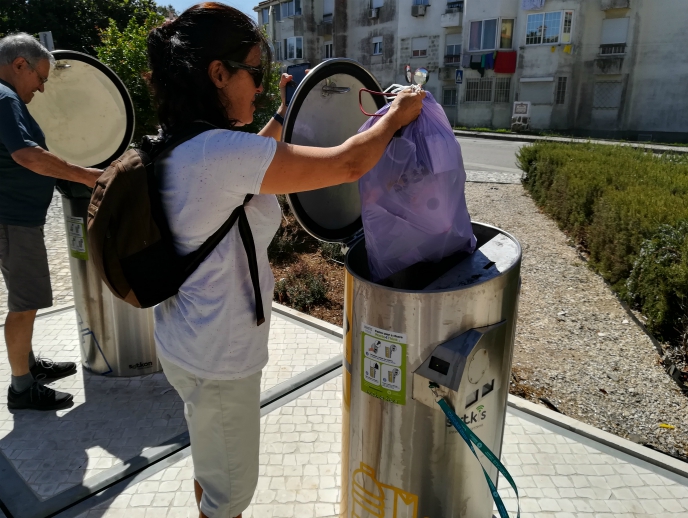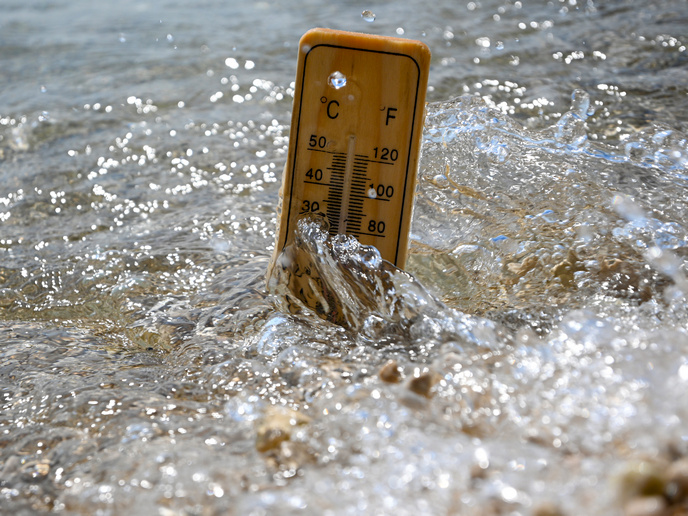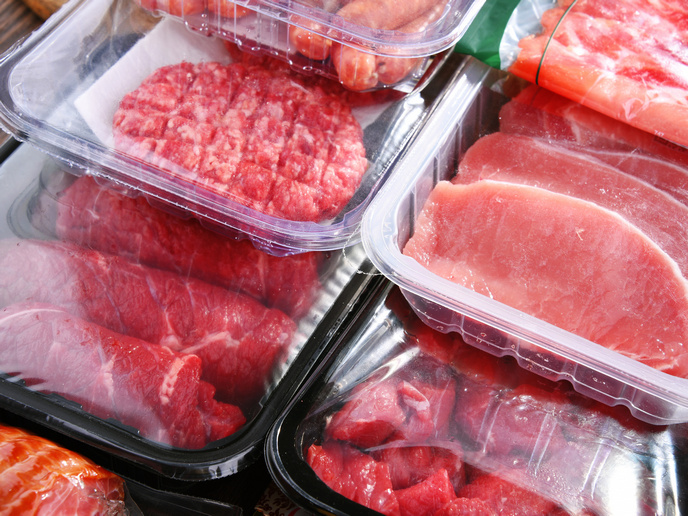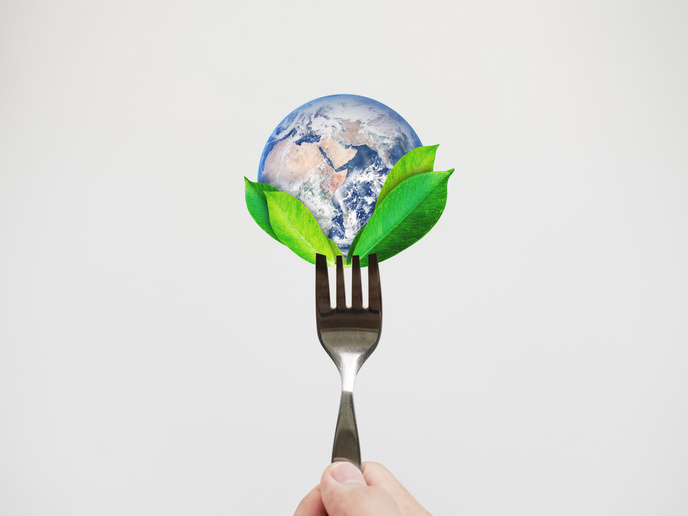Eco-innovative solutions valorise waste
There are limits to the ongoing use of many of our natural environment’s resources. In this context, the Waste4Think project is advancing eco-innovative solutions that will guard against resource depletion and also support new routes of waste valorisation, mainly biowaste and nappies. In the Waste4Think milestones video, coordinator Ainhoa Alonso states: “Waste4Think proposes a new paradigm for waste management systems moving from the traditionalist waste management schemes towards more circular strategies, transforming waste into an opportunity for new products and services.” To realise this, the team is developing and piloting 20 eco-innovative solutions encompassing the entire waste value chain.
Putting thought into action
The project’s many and varied eco-solutions are being demonstrated in the urban areas of Halandri (Greece), Zamudio (Spain), Seveso (Italy) and Cascais (Portugal). These pilot sites have different social, demographic and geographic features and represent different levels of industrialisation. Importantly, the four cities also have distinct realities regarding waste management. Among them, Halandri and Seveso claim two ends of the ‘urban waste sorted’ spectrum, with the latter tallying 70 % and the former a mere 11 %. Waste4Think solutions thus follow different approaches to achieve the same goal of increasing sorted waste. For the Spanish (30 %) and Italian sites, this is being done through implementation of economic instruments and social actions. In Portugal (30 %), efforts target optimisation of waste collection to reduce the environmental impact of collection works. On the Greek side, actions include defining an advanced waste collection system and exploitation of biowaste. On the last point, Alonso notes: “We have consolidated the collection of two new fractions in the case of Halandri for biowaste to produce a new product – FORBI [food residue biomass] – that is used to produce biogas to fuel the trucks to collect this fraction, closed in the loop.” A second innovative solution is a new treatment plant for nappies valorisation. This will be used to produce biogas as well as to recover polymers from the nappies.
An ongoing story
As part of its efforts to promote a major transformation of existing waste management models, Waste4Think has developed the holistic WESTE (Waste Environmental, Social, Technical and Economic data assessment) methodology (see Deusto Social Impact Briefings 2017. This can be applied to compare the sustainability levels of waste management services and also monitor implemented actions. To this end, the Waste4Think-Suite has been developed over the open-source platform FIWARE to collect and manage all the information around waste management provided by different Internet of Things and Internet of humans Humans systems. An inspiring and colourful Story Map offers an in-depth look at this model. True to the project’s commitment to engage citizens, it also takes viewers through the various tools, apps and materials helping to realise the shift to a circular economy. As project work progresses, expected impacts are a 20 % increase in waste sorting, 10 % savings in management costs, and a reduction in waste generation by 8 % and greenhouse gas emissions by 10 %. Ultimately, project partners also envision a virtual city that integrates all Waste4Think solutions.
Keywords
Waste4Think, waste, waste management, eco-innovative solutions, valorisation, circular economy, biowaste, circular use of resources, greenhouse gas emissions, WESTE, FIWARE, IoT, Internet of humans, citizens







